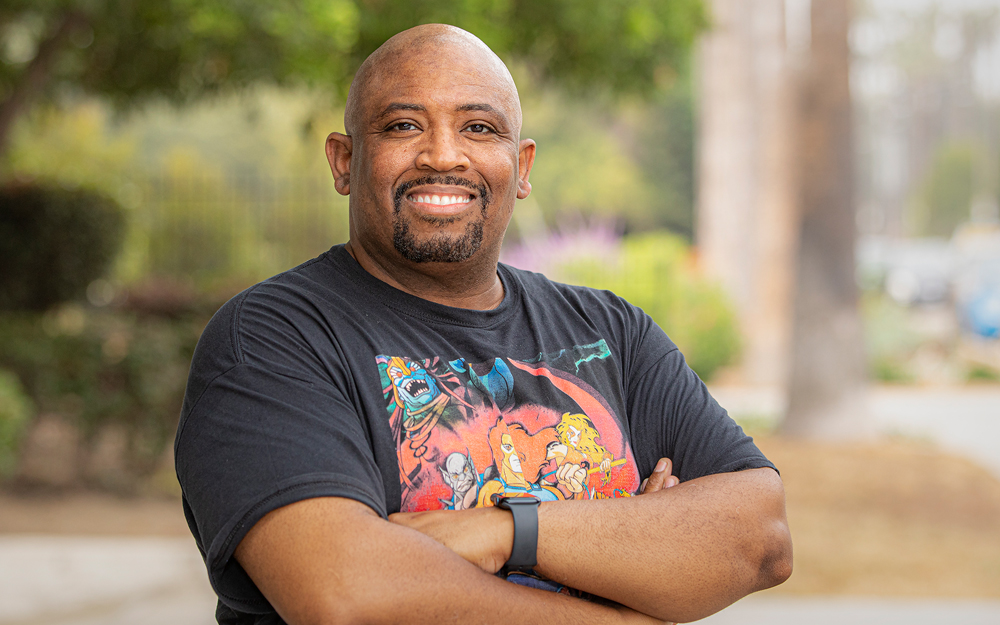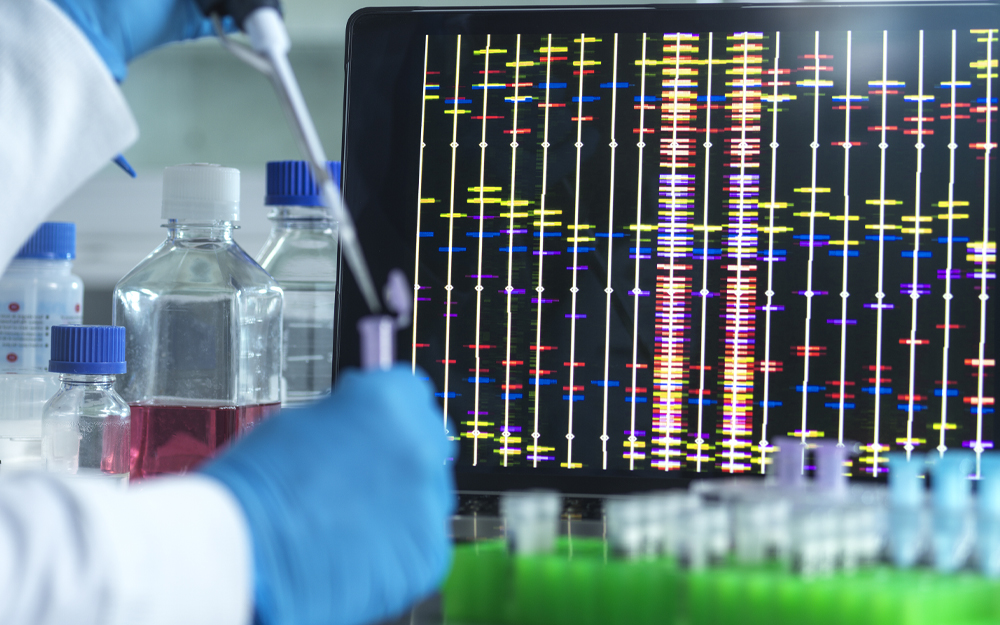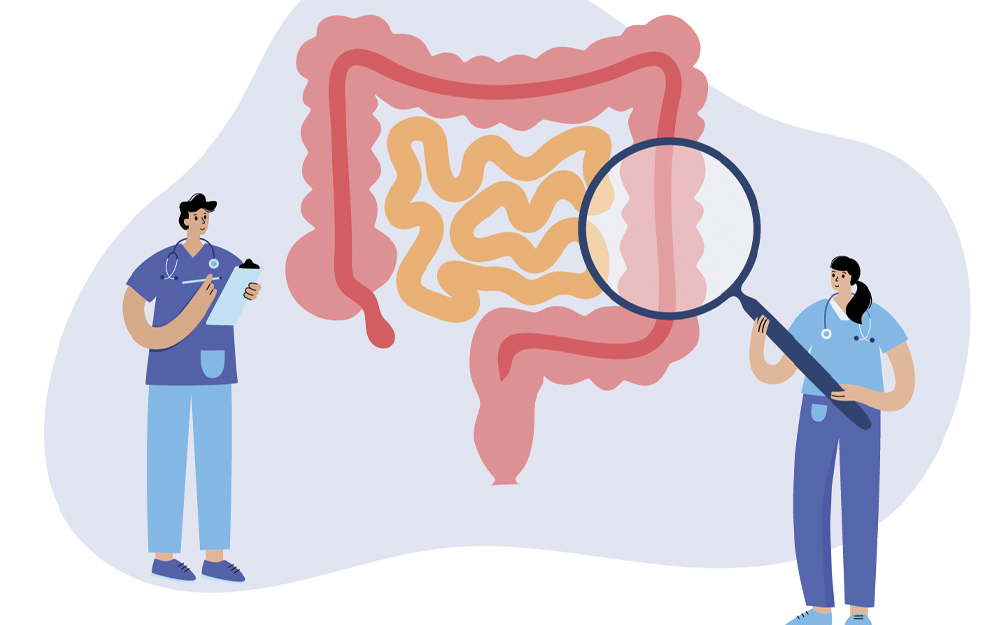Gender Affirming Cancer Screening
Date
June 13, 2022

Date
June 13, 2022
Credits
Medical providers featured in this article
In Brief
{{cta-block}}
Understanding individual cancer risk is an important task on everyone's health checklist. For those undergoing a gender-affirming transition, the questions can feel a bit more complicated.
"Gender-affirming treatments can help people live their healthiest and best lives," says Dr. Bobbie J. Rimel, a gynecologic oncologist who co-chaired Cedars-Sinai's LGBTQ+ Cancer Symposium earlier this month.
"When someone is making this transition and taking hormones, there are a million things to consider, from fertility to social constructs to gender roles to cancer risks. As a cancer care provider, I hope we can help patients and doctors alike to think about cancer screening in a non-gendered way."
{{providers}}
"Gender-affirming treatments can help people live their healthiest and best lives."
Cancer risk for transgender men and women
Anyone who takes hormones needs to weigh the cancer risk. For example, women who take estrogen hormone-replacement therapy must consider its effects on their breast tissue and reproductive organs, as it can increase cancer risk for those organs. Likewise, men who take testosterone may increase their prostate cancer risk.
For transgender patients, hormone therapy doesn't necessarily carry the same risks because they often do not have the organs that are linked to increased chances of developing cancer when taking those hormones.
Transgender women who have undergone hormone therapy do carry a slightly higher risk of breast cancer than non-transgender men, but their risk is lower than non-transgender women.
Transgender men on testosterone therapy are carefully monitored. If they're taking a high amount of the hormone—more than the body can use—it can chemically change and affect the uterus in the same way too much estrogen might. However, these cases are rare.
Cancer complications arising from hormone therapy for transgender patients is an area that is ripe for scientific study, as there are few available studies.
Screening based on bodies, not on gender
Everyone carries some cancer risk. Regardless of gender, for example, everyone should be screened for colon cancer beginning at age 45—unless they have additional risk factors and need to be screened sooner. Everyone with a smoking history should talk to their primary care doctor about lung cancer screening.
Increasingly, the cancer community is pushing for a screening model based on the organs people have rather than their sex or gender.
"Rather than looking at a patient's gender, we can walk into the exam room, introduce ourselves and then say, 'It's nice to meet you. What is your name? What are your pronouns? Can I ask you about your medical history?'", Dr. Rimel says.
"In addition to asking about hypertension and liver disease and other standard questions, we can ask things like, 'Have you had any surgeries? Which surgeries have you had? What have you had removed? Which organs do you still have?'"
Considerations for certain types of cancers
If a patient has breast tissue, they will need to discuss mammograms or other breast cancer screenings.
"It's important for people to consider that cervical cancer doesn't come from hormones but from human papillomavirus, and we have screening tests and vaccines for that," Dr. Rimel says.
"It's also important to know if the patient has a cervix. If not, that patient doesn't have to undergo a cervical exam—which can be really difficult for patients."
Transgender women should speak with their doctors about their prostate cancer risk and what kind of screening is appropriate for them.
Read: Breast Cancer Has No Gender
Improving cancer screenings for the LGBTQ+ community
Cedars-Sinai's LGBTQ+ community advisory group was quick to point out that many people have difficulty relating to gendered guidelines. Their feedback led the Cedars-Sinai Cancer Research Center for Health Equity to develop an online tool that improves screening. The tool is expected to be rolled into Cedars-Sinai's My CS-Link so that patients have the opportunity to answer these questions privately before their appointments.
"We screen what you have," Dr. Rimel says. "We want all of our patients to live their healthiest and best lives. Thankfully, we live in a time when we're improving access to care, treatments are better and we're supporting people in being their most authentic selves."





